Can Teeth Whitening Fully Restore the Natural Whiteness of My Teeth, or Just Improve Their Appearance?
Having a dazzling, bright smile is something that many of us aspire to achieve. A common question that arises when considering options for a radiant smile is whether teeth whitening can fully restore the natural whiteness of teeth, or if it merely improves their appearance. Teeth can become discolored due to various factors, such as consumption of staining foods and beverages, smoking, or simply due to aging. With the prevalence of cosmetic dentistry solutions in the United States, understanding the true potential and limitations of teeth whitening is essential for those looking to enhance their smiles.
Understanding the Basics of Teeth Whitening
Teeth whitening is a popular cosmetic dental procedure designed to lighten the color of your teeth by removing stains and discoloration. Professional whitening can be done at a dentist's office, with over-the-counter products or through at-home kits. While these methods are generally effective at improving the appearance of teeth, it's important to recognize that they may not entirely restore the original shade your teeth once had. According to the American Dental Association, the effectiveness of teeth whitening depends on the type and severity of discoloration, as well as the method used. Many users report significant improvement in their teeth's brightness, but complete restoration to their original whiteness is less common.
The Limitations of Teeth Whitening
A crucial aspect of teeth whitening is understanding its limitations. Professional teeth whitening treatments can address discoloration from surface stains effectively. However, they may not fully reverse deep intrinsic stains, which originate from within the tooth. Factors such as dental trauma, certain medications, or excessive fluoride intake during childhood can lead to intrinsic discoloration. In these cases, teeth whitening may improve overall aesthetics but might not fully restore the innate color of the teeth. Additionally, artificial materials such as crowns or veneers do not respond to whitening treatments and may necessitate replacement or adjustment to match your natural teeth.
The Impact of Lifestyle Factors and Maintenance
Even after a successful whitening treatment, maintaining that bright smile requires consistent care and lifestyle changes. Consumption of staining substances like coffee, tea, and red wine, as well as smoking, can diminish the effects of whitening over time. Adopting a diligent oral hygiene routine, including brushing twice daily, flossing, and regular dental check-ups at Dentistry Toothtruth, can help preserve the whitening effect. Proper maintenance not only aids in prolonging the results but also protects your overall oral health.
Exploring Alternative Restorative Options
For those seeking to achieve optimal brightness, alternative restorative options may be recommended. Procedures such as veneers or dental bonding can offer more significant transformations for those with severe intrinsic discoloration. These options are more invasive than traditional whitening, but they promise long-lasting, aesthetically pleasing results. Consulting with professionals at Dentistry Toothtruth can help determine the most suitable route for achieving your desired smile transformation.
Conclusion: Making Informed Decisions
In summary, teeth whitening is a highly effective option for enhancing the attractiveness of your smile by diminishing surface stains and elevating overall brightness. While it offers a boost in appearance, it may not fully restore the natural whiteness of your teeth, especially if intrinsic stains are present. Understanding its capabilities and maintaining results with proper care and lifestyle choices is essential. For those seeking a complete restoration or more profound change, exploring other restorative options might be advisable. By consulting with experienced professionals at Dentistry Toothtruth, you can make informed decisions that align best with your dental health goals.

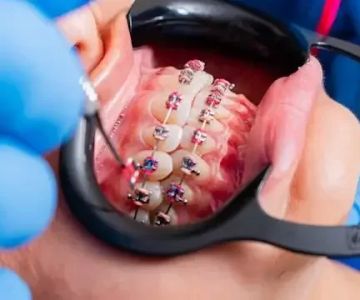
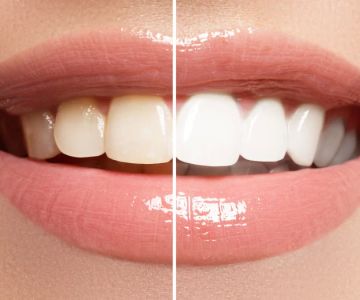
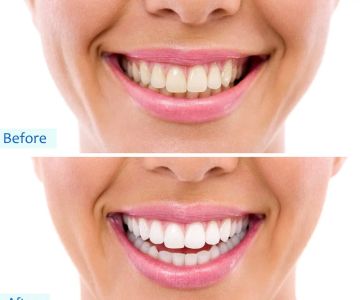
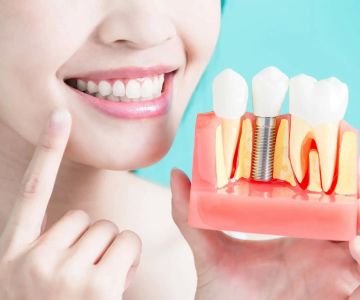
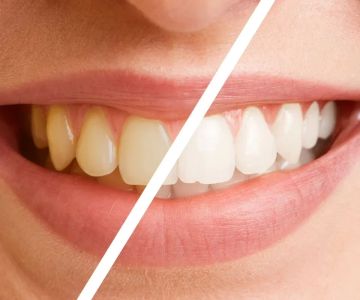

 Westgate Dental Arts
Westgate Dental Arts Coventry Family Dental
Coventry Family Dental Familia Dental
Familia Dental Dr. Daniel S. Fife, DDS
Dr. Daniel S. Fife, DDS Dentistry At Suburban Square: Michael I. Wollock, DMD
Dentistry At Suburban Square: Michael I. Wollock, DMD Comfort Care Dental
Comfort Care Dental The Importance of Oral Health Education During Pregnancy for a Healthy Pregnancy
The Importance of Oral Health Education During Pregnancy for a Healthy Pregnancy Why Skipping Dental Checkups Can Lead to Bigger Oral Health Problems
Why Skipping Dental Checkups Can Lead to Bigger Oral Health Problems Advantages of Porcelain Dental Restorations
Advantages of Porcelain Dental Restorations Best Tips for Brushing Your Teeth Properly for Healthy Gums: Essential Techniques for Oral Health
Best Tips for Brushing Your Teeth Properly for Healthy Gums: Essential Techniques for Oral Health How Can Diabetes Cause Tooth and Gum Problems? Preventing and Managing Oral Health Issues
How Can Diabetes Cause Tooth and Gum Problems? Preventing and Managing Oral Health Issues Healthy Habits for Promoting Good Oral Health and Hygiene: Tips for a Healthy Smile
Healthy Habits for Promoting Good Oral Health and Hygiene: Tips for a Healthy Smile